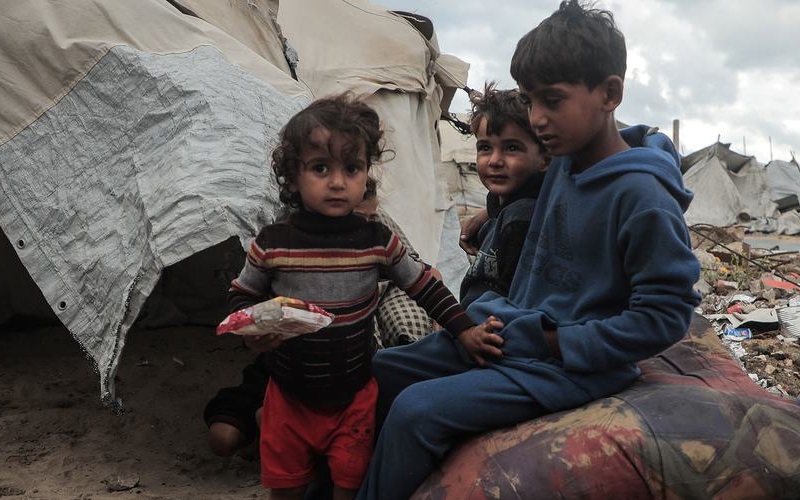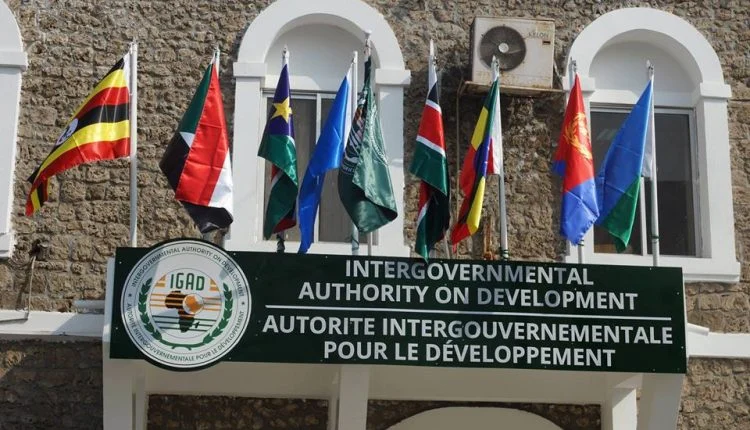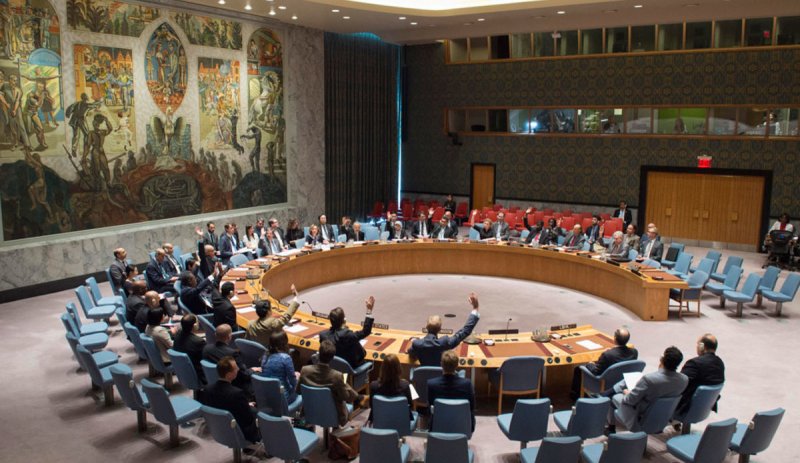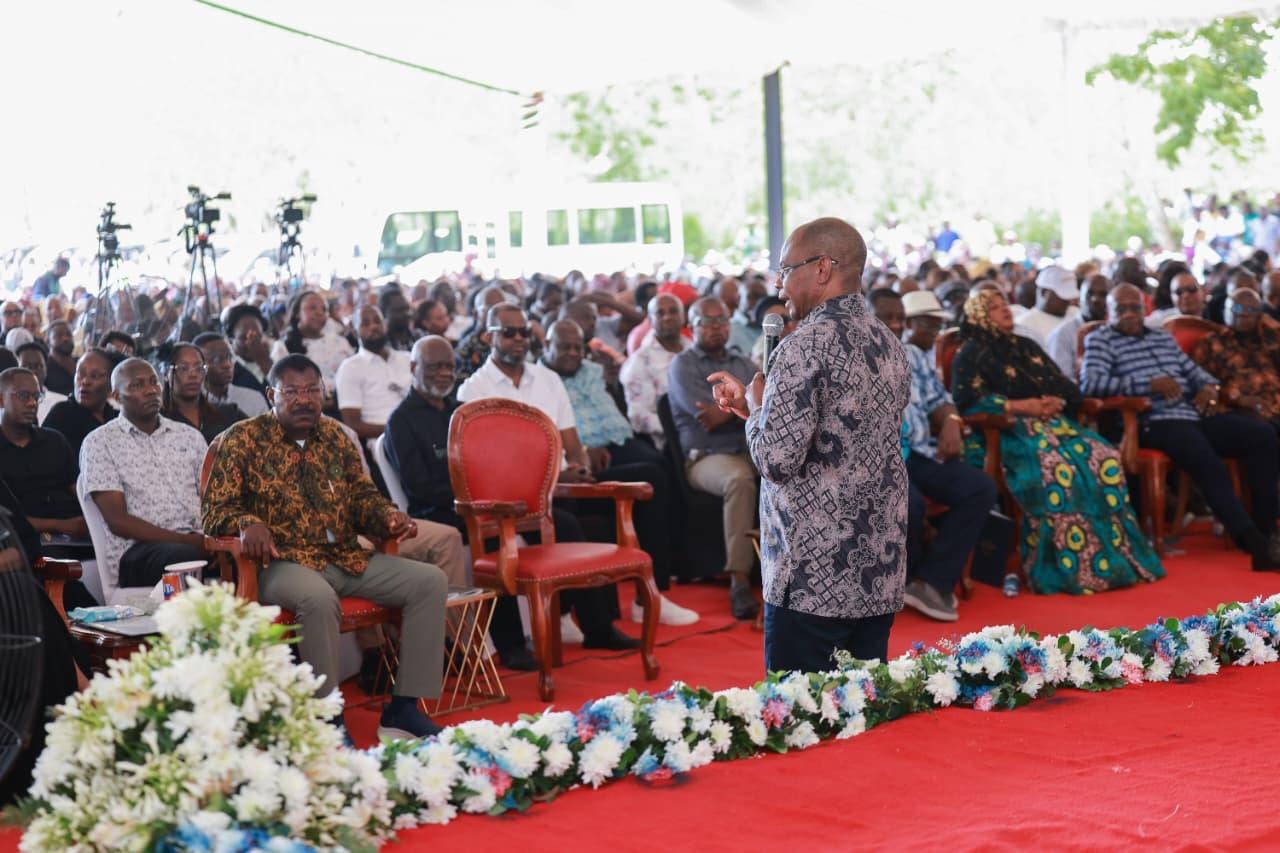Ethiopia introduces yellow fever vaccine into routine immunization program
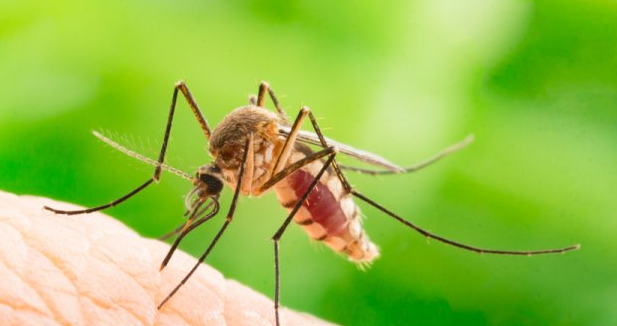
Acting representative of the WHO Ethiopia Nonhlanhla Dlamini hailed the approval of the yellow fever vaccine in the country saying it marks a crucial advancement in ensuring vaccine accessibility for the population and safeguarding those at risk.
Ethiopia has approved the inclusion of the yellow fever vaccine into the country’s routine immunization program.
The move, supported by the World Health Organization (WHO), is part of Ethiopia’s efforts to implement strategies to eliminate the yellow fever epidemic to protect almost one billion people against the deadly disease by the end of 2026.
More To Read
- UN urges Ethiopia and Eritrea to respect border pact amid rising tensions
- Djibouti confirms Eritrea’s formal exit from IGAD regional bloc
- WHO review finds no link between childhood vaccines and autism
- Traditional medicine is now a global reality: WHO
- Peace on paper, pain in reality: Tigray’s forgotten suffering, struggle for justice
- WHO warns tobacco use threatens fertility in men, women
While lauding the major move, WHO said the Ethiopian population is among 440 million people at risk in the ‘yellow fever belt’ that lies at the Equator and spans 34 African countries.
“All parts of Ethiopia are at risk of yellow fever,” WHO said.
Acting representative of the WHO Ethiopia Nonhlanhla Dlamini hailed the approval of the yellow fever vaccine in the country saying it marks a crucial advancement in ensuring vaccine accessibility for the population and safeguarding those at risk.
Additionally, he underscored the crucial importance of Ethiopia's move as the country is among 27 countries identified from Africa as high risk for yellow fever transmission.
"The WHO is coordinating the effort and supporting the government by engaging multidisciplinary partners to extend their support with the resource required for smooth integration of yellow fever vaccine into their routine immunization schedule," Dlamini said.
Yellow fever is a viral disease transmitted between humans through mosquito bites.
WHO notes that there is no specific treatment for yellow fever, which has a case fatality rate as high as 31 per cent to 47 per cent for those who develop severe forms of the disease.
However, a single dose of yellow fever vaccine provides life-long protection.
Symptoms of the disease include fever, headache, jaundice, muscle pain, nausea, vomiting and fatigue.
Although, a small proportion of patients who contract the virus develop severe symptoms, about half of them die within seven to ten days.
In 2018, WHO released more than a million doses of yellow fever vaccine from its emergency stockpile after the deadly disease killed 10 people in southwestern Ethiopia.
The outbreak was confirmed in the Wolaita Zone of the Southern Nations, Nationalities, and Peoples’ Region and was traced back to a patient who fell ill on August 21, 2018.
A total of 35 cases (30 suspected and 5 confirmed) were reported.
On March 3, 2020, the Ethiopian Public Health Institute (EPHI) also reported three suspected yellow fever cases in Enor Ener Woreda, Gurage zone, SNNPR.
The three reported cases were members of the same household (father, mother and son) located in a rural kebele.
Top Stories Today





